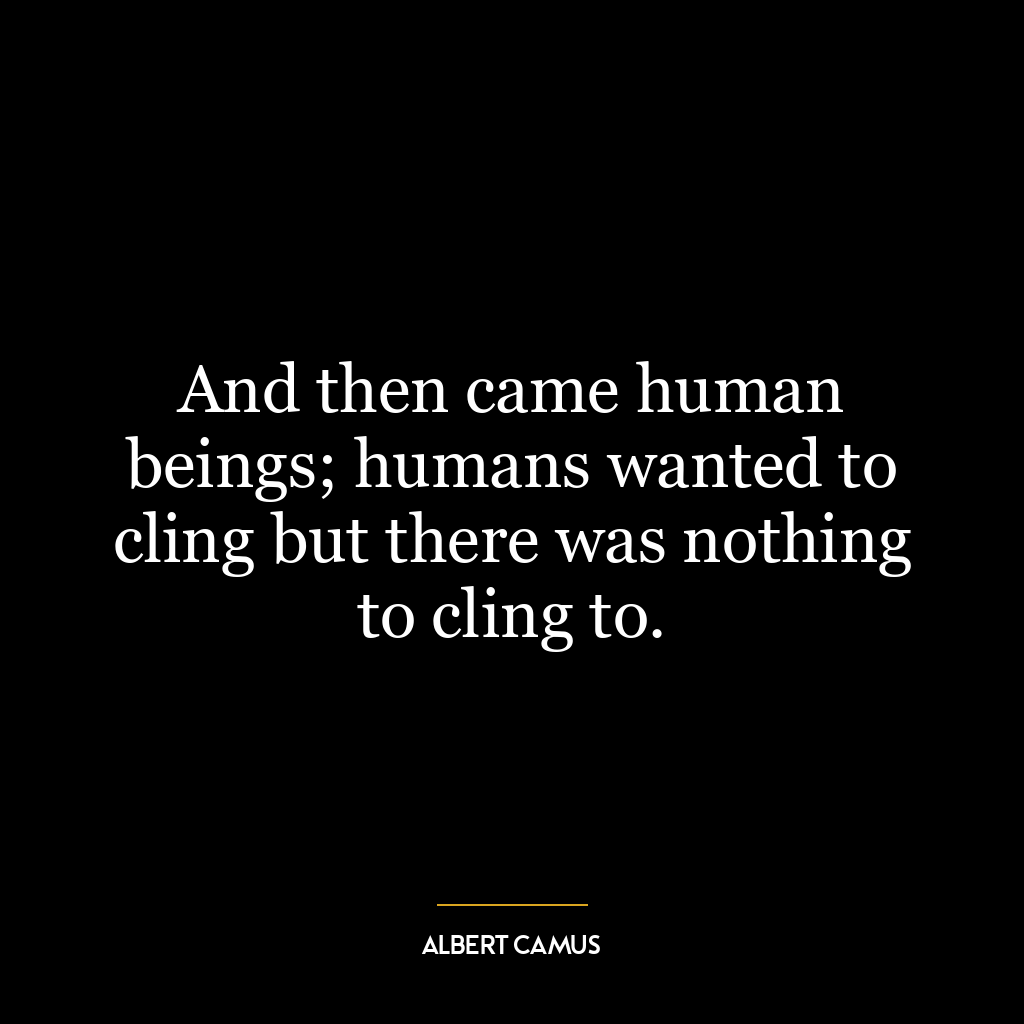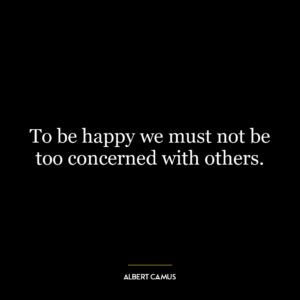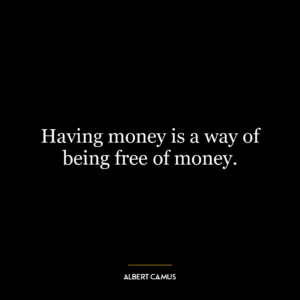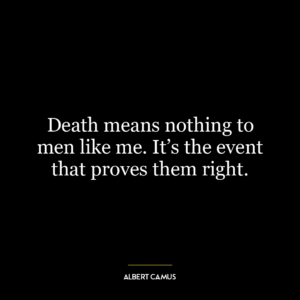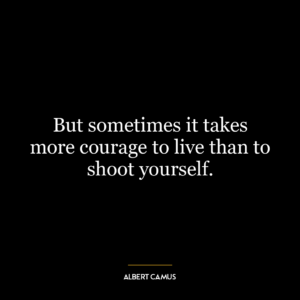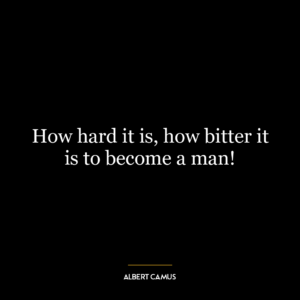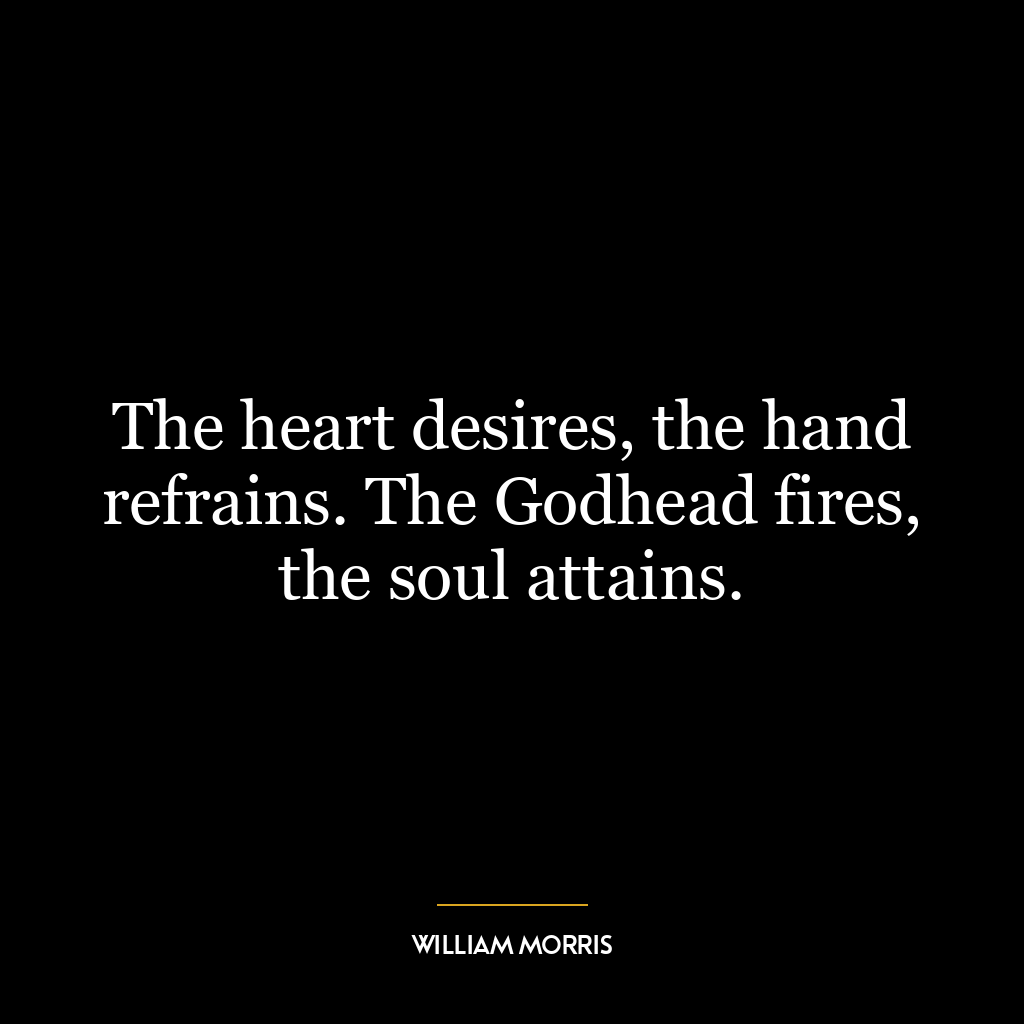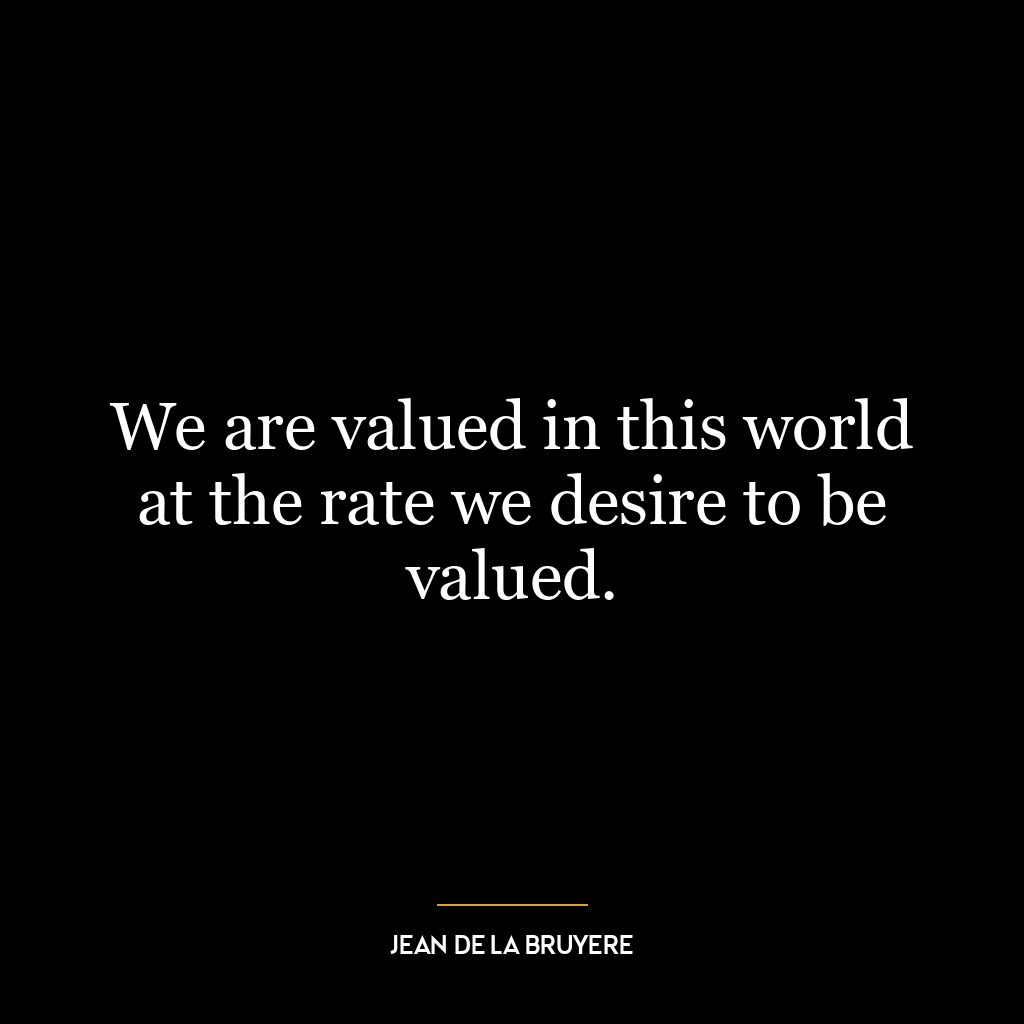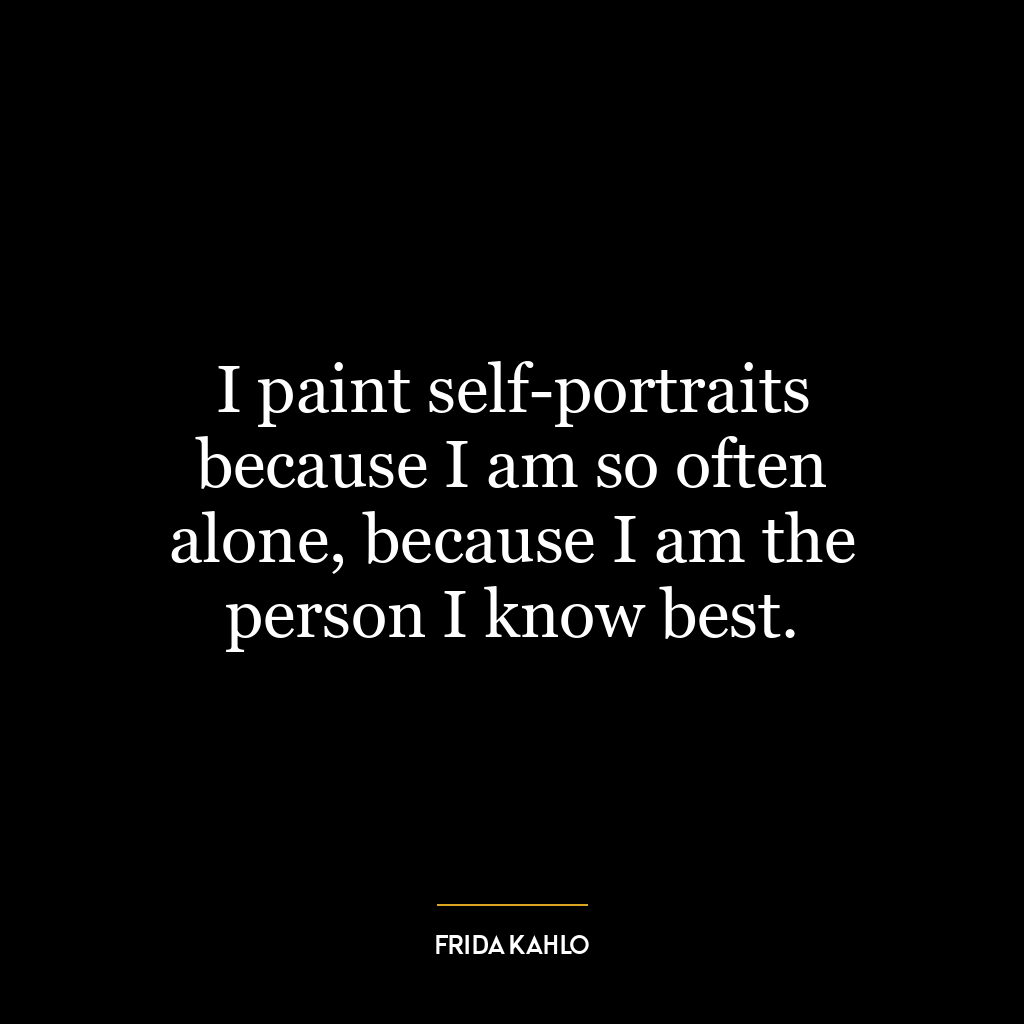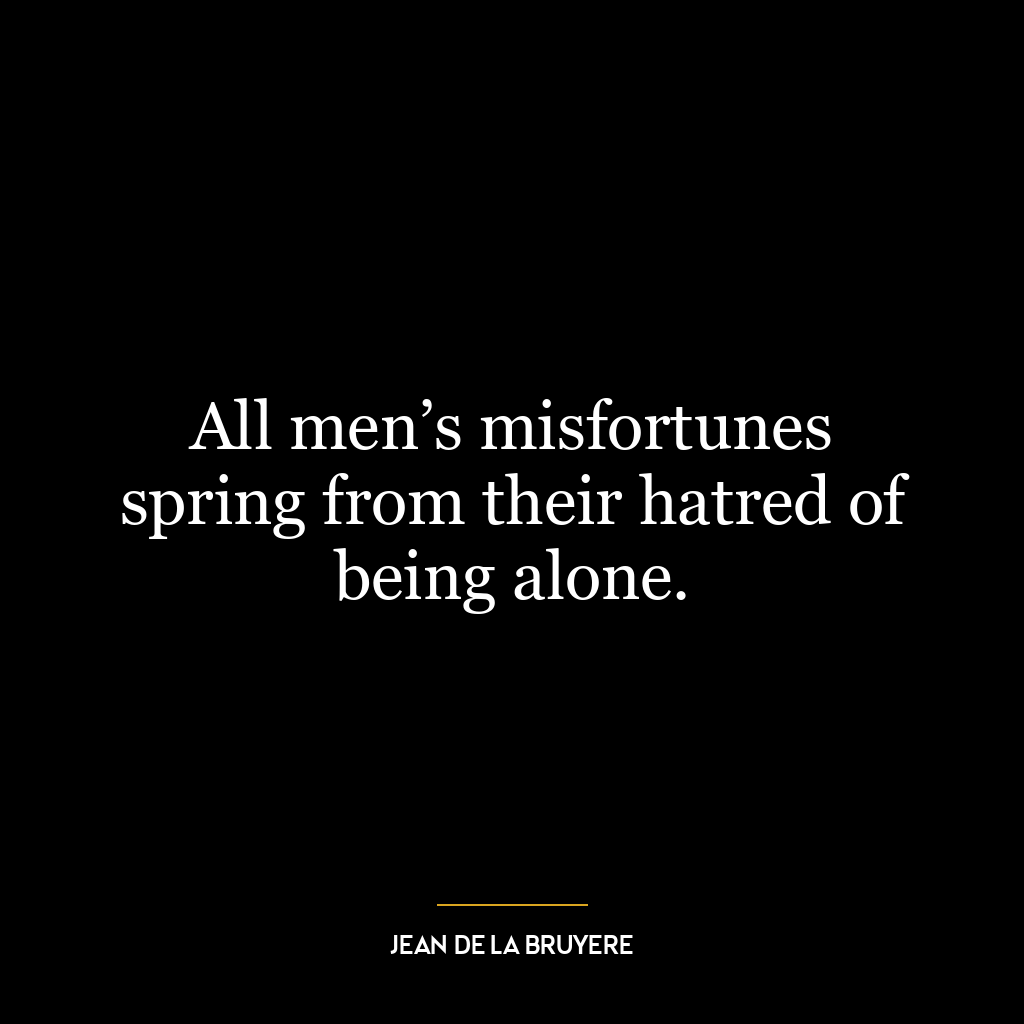And then came human beings; humans wanted to cling but there was nothing to cling to.
This quote presents a profound exploration of the human condition and our existential struggle. It suggests that humans inherently desire stability, certainty, and purpose – things to “cling to” – in a world that may not inherently provide these things. This desire to cling can be seen as a need for emotional security, a sense of identity, or a framework of meaning in life.
However, the quote suggests that there is “nothing to cling to,” implying that the world is inherently devoid of inherent meaning or purpose. This could be interpreted as a reflection of existentialist philosophy, which posits that life has no predetermined meaning, and it’s up to each individual to create their own.
Applying this to the modern world, we can see this struggle in our pursuit of careers, relationships, and ideologies. We often seek external validation or purpose, only to find that these things can be fleeting or unfulfilling. This quote might then serve as a reminder that it’s not the external things we should cling to, but the meaning we create for ourselves.
In terms of personal development, this quote can be a call to introspection and self-reliance. It encourages us to seek fulfillment and purpose from within, rather than relying on external factors. It prompts us to question our values, our passions, and our purpose, and to create a life that aligns with these, rather than seeking validation or purpose from outside sources. It challenges us to be comfortable with uncertainty, and to embrace the freedom that comes with creating our own meaning in life.

